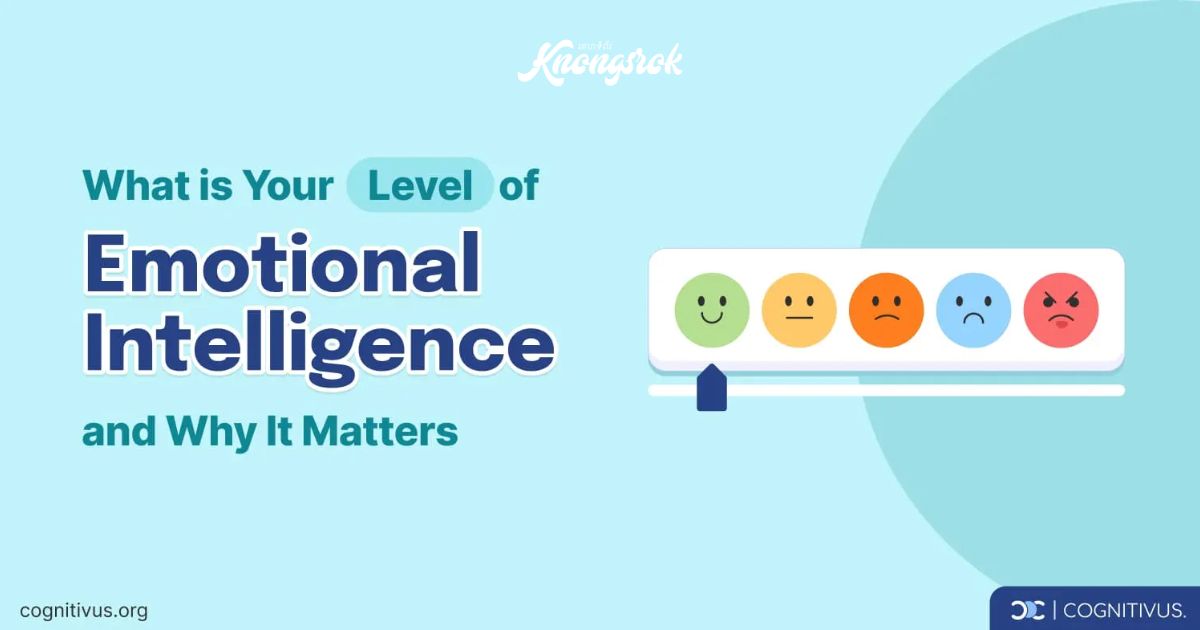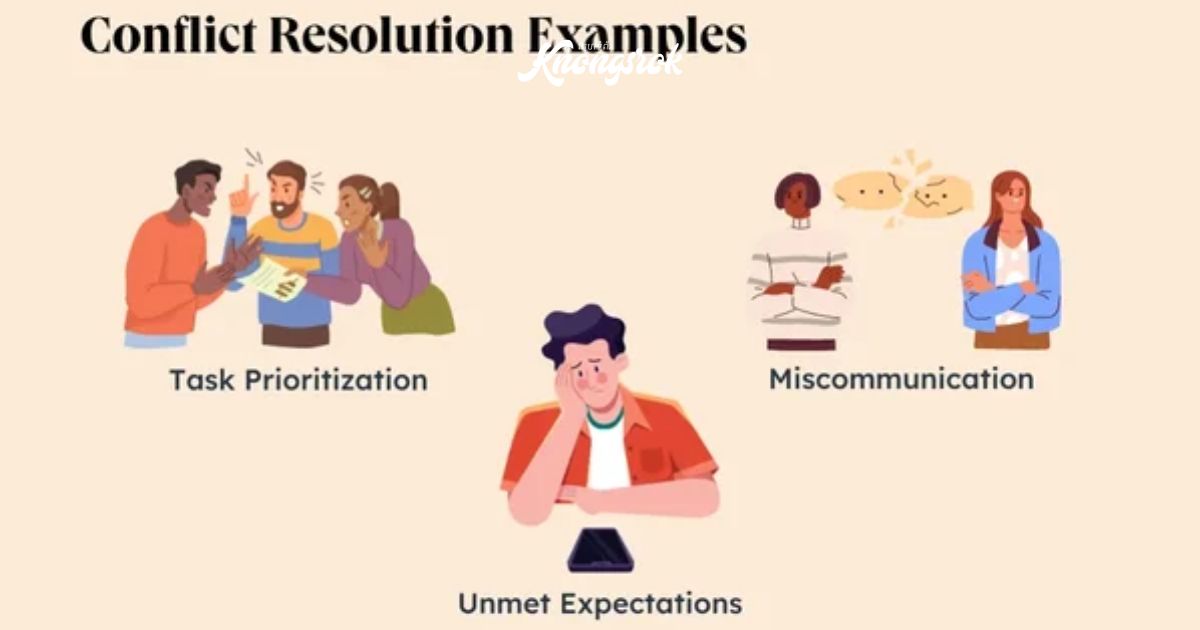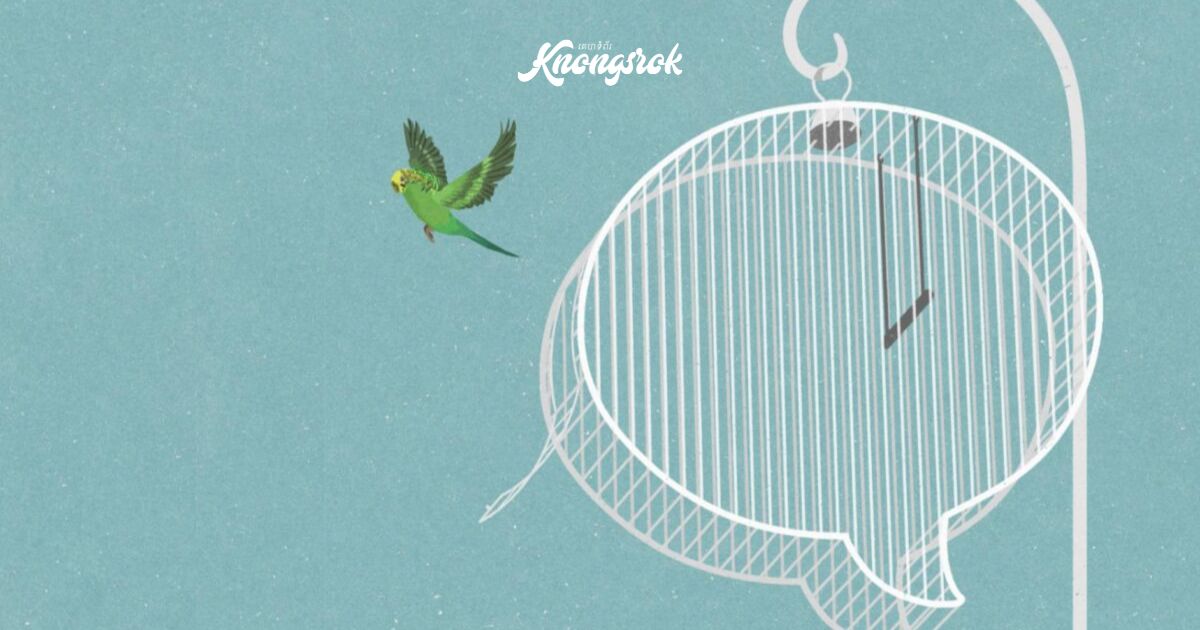7 Tips That’ll Help You Fall Asleep Like a Baby in No Time
7 Tips That’ll Help You Fall Asleep Like a Baby in No Time
Getting a good night’s sleep is essential for overall health and well-being. If you find yourself struggling to fall asleep quickly, try these seven tips to help you drift off effortlessly and wake up refreshed:
**1. Establish a Consistent Sleep Schedule
Regular Sleep Times: Go to bed and wake up at the same time every day, even on weekends. This helps regulate your internal clock and makes falling asleep and waking up easier.
Sleep Rituals: Create a bedtime routine to signal to your body that it’s time to wind down. This might include activities like reading a book, taking a warm bath, or practicing relaxation exercises.
**2. Create a Relaxing Bedtime Environment
Comfortable Bedding: Ensure your mattress, pillows, and bedding are comfortable and supportive. Invest in high-quality pillows and a mattress that suits your sleeping style.
Cool and Dark Room: Keep your bedroom cool, dark, and quiet. Use blackout curtains, eye masks, or white noise machines if needed to create an optimal sleeping environment.
**3. Limit Exposure to Screens
Screen Time: Avoid screens (phones, tablets, computers, TV) at least an hour before bed. The blue light emitted by screens can interfere with your body’s production of melatonin, a hormone that regulates sleep.
Blue Light Filters: If you must use screens before bed, consider using blue light filters or apps designed to reduce blue light exposure.
**4. Watch Your Diet and Caffeine Intake
Evening Snacks: Avoid heavy meals and snacks close to bedtime. Opt for a light, healthy snack if you’re hungry before bed.
Caffeine and Alcohol: Limit caffeine intake in the afternoon and evening, as it can interfere with your ability to fall asleep. Similarly, avoid alcohol close to bedtime, as it can disrupt sleep patterns.
**5. Incorporate Relaxation Techniques
Deep Breathing: Practice deep breathing exercises to calm your mind and body. Try inhaling deeply through your nose, holding for a few seconds, and exhaling slowly through your mouth.
Progressive Muscle Relaxation: Gradually tense and then relax each muscle group in your body. This technique can help reduce physical tension and promote relaxation.
**6. Exercise Regularly
Daily Activity: Engage in regular physical activity, but try to complete exercise at least a few hours before bedtime. Exercise can help regulate your sleep patterns and improve overall sleep quality.
Avoid Late Workouts: Intense exercise close to bedtime can be stimulating and make it harder to fall asleep. Opt for morning or early afternoon workouts if possible.
**7. Manage Stress and Worries
Journaling: If stress or racing thoughts keep you awake, try writing down your worries or to-do lists before bed. This can help clear your mind and reduce anxiety.
Mindfulness Meditation: Practice mindfulness or meditation techniques to calm your mind and focus on the present moment. Apps and guided meditations can assist in establishing a relaxing pre-sleep routine.
Conclusion
Falling asleep quickly and enjoying restful sleep requires a combination of consistent habits, a conducive environment, and relaxation techniques. By implementing these tips and making sleep a priority, you can improve your ability to fall asleep like a baby and wake up feeling refreshed and rejuvenated.














